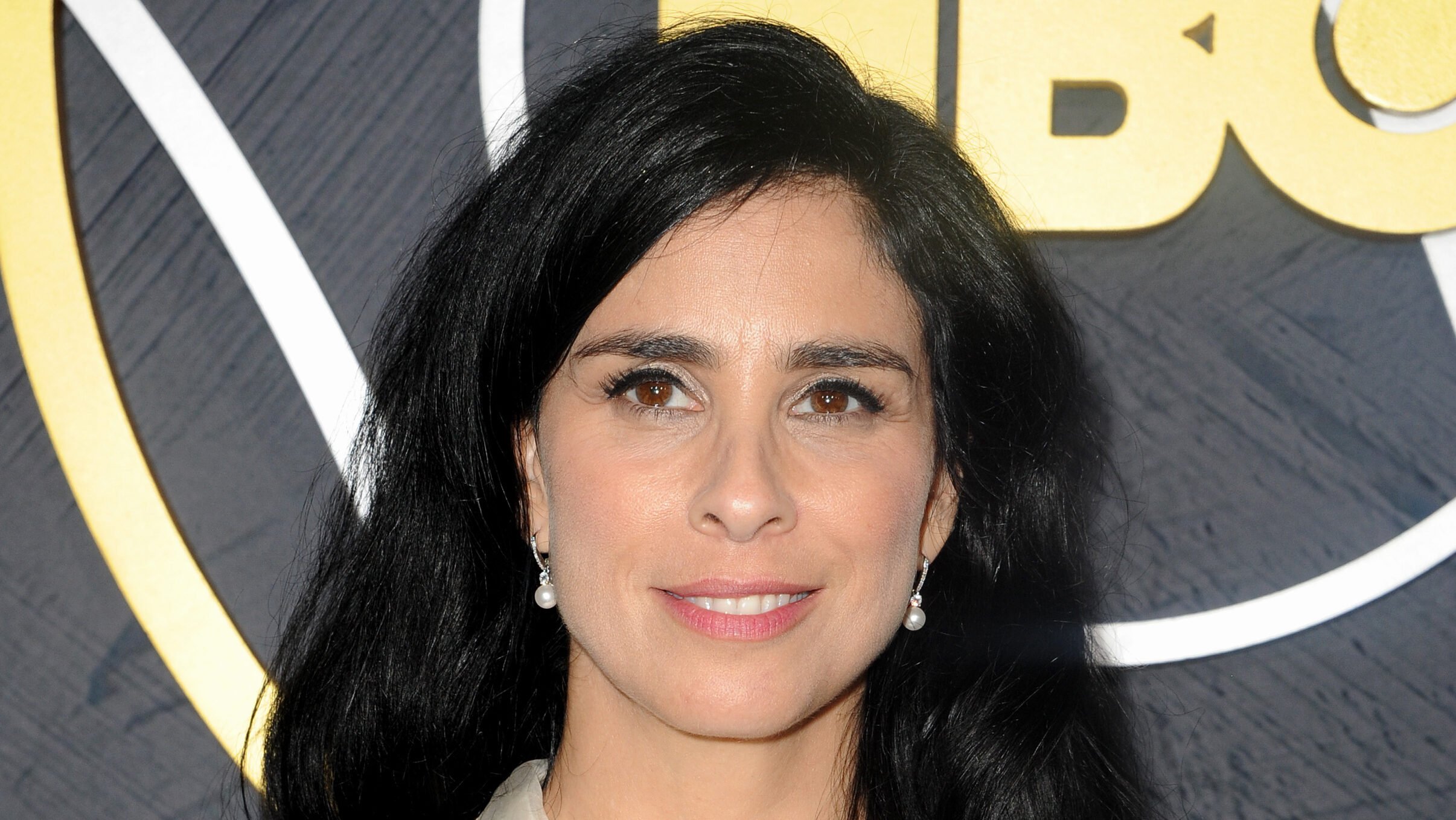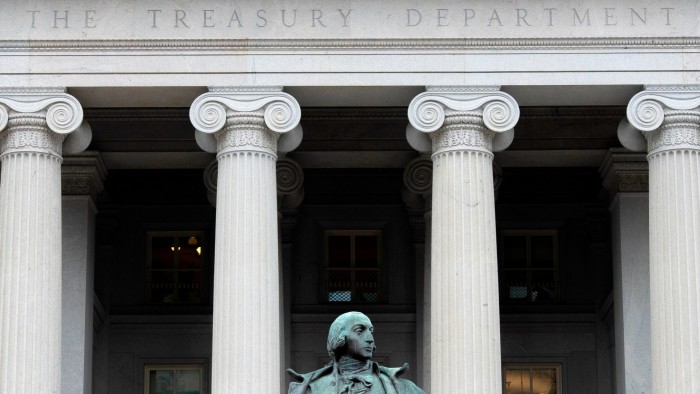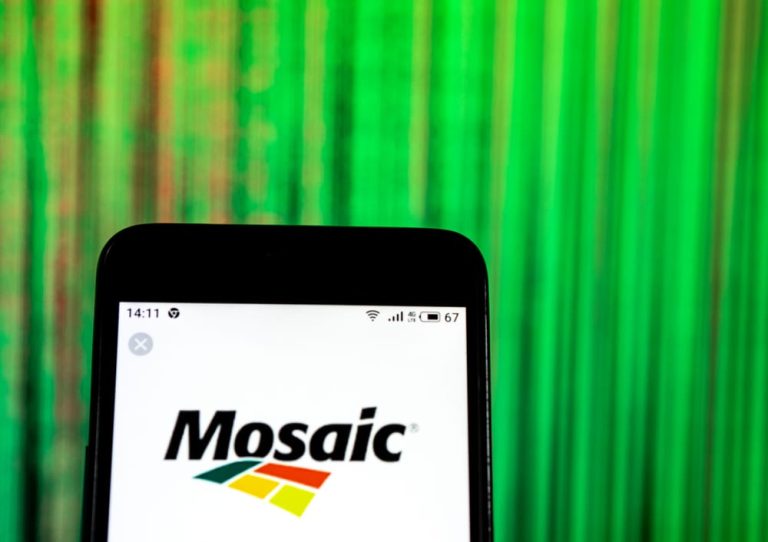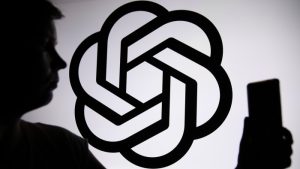For the second time this week, a US federal judge has issued an opinion on whether or not using copyrighted materials without permission to train AI amounts to “fair use” – and the most recent ruling contradicts the previous one.
In an order on Monday (June 23), Judge William Alsup handed a partial victory to AI company Anthropic in its defense against a lawsuit by three authors, declaring that training AI on copyrighted materials does indeed count as fair use.
Two days later, another judge in the same court – the US District Court for the Northern District of California – declared the exact opposite.
“This case presents the question whether such conduct is illegal,” Judge Vince Chhabria wrote. “Although the devil is in the details, in most cases the answer will likely be yes.”
This latest ruling is in a class-action case brought in 2023 against Meta – owner of Facebook and Instagram and developer of the Llama large language model – by 13 writers, including comedian Sarah Silverman, who wrote the book The Bedwetter. Other authors involved in the suit include Richard Kadrey, Junot Diaz, and Laura Lippman.
They argued that Llama had been trained on their works without permission, and would even reproduce parts of those works when prompted.
Despite his conclusion that training AI on copyrighted works without permission isn’t fair use in most cases, Judge Chhabria ruled in Meta’s favor – but only because, in his view, the authors’ lawyers had argued the case badly.
The authors “contend that Llama is capable of reproducing small snippets of text from their books. And they contend that Meta, by using their works for training without permission, has diminished the authors’ ability to license their works for the purpose of training large language models,” the judge noted. He called both arguments “clear losers.”
“Llama is not capable of generating enough text from the plaintiffs’ books to matter, and the plaintiffs are not entitled to the market for licensing their works as AI training data,” the judge wrote in his order, which can be read in full here.
The judge granted Meta’s request for a partial summary judgment in the case.
But what may be of greatest interest to rightsholders is that Judge Chhabria offered what he says would be a winning argument: That allowing tech companies to train AI on copyrighted works would severely harm the market for human-created works.
“The doctrine of ‘fair use,’ which provides a defense to certain claims of copyright infringement, typically doesn’t apply to copying that will significantly diminish the ability of copyright holders to make money from their works (thus significantly diminishing the incentive to create in the future),” Judge Chhabria wrote.
“What copyright law cares about, above all else, is preserving the incentive for human beings to create artistic and scientific works… By training generative AI models with copyrighted works, companies are creating something that often will dramatically undermine the market for those works, and thus dramatically undermine the incentive for human beings to create things the old-fashioned way.”
“By training generative AI models with copyrighted works, companies are creating something that often will dramatically undermine the market for those works…”
US District Judge Vince Chhabria
Copyright owners likely won’t be happy to hear the judge’s assertion that they don’t have a right to a market for licensing works to AI companies, but they’re likely to rejoice over much of the rest of the judge’s argument – including a remarkable passage where he directly criticizes the earlier ruling by Judge Alsup, who sits on the same court.
“Judge Alsup focused heavily on the transformative nature of generative AI while brushing aside concerns about the harm it can inflict on the market for the works it gets trained on,” Judge Chhabria wrote.
“Such harm would be no different, he reasoned, than the harm caused by using the works for ‘training schoolchildren to write well,’ which could ‘result in an explosion of competing works’…
“But when it comes to market effects, using books to teach children to write is not remotely like using books to create a product that a single individual could employ to generate countless competing works with a miniscule fraction of the time and creativity it would otherwise take. This inapt analogy is not a basis for blowing off the most important factor in the fair use analysis.”
“If using copyrighted works to train the models is as necessary as the companies say, they will figure out a way to compensate copyright holders for it.”
US District Judge Vince Chhabria
The judge also demolished an argument often made by AI companies: That forcing them to license all the materials they use for training would slow down or even stop development of the technology.
“The suggestion that adverse copyright rulings would stop this technology in its tracks is ridiculous,” Judge Chhabria wrote.
“These products are expected to generate billions, even trillions, of dollars for the companies that are developing them. If using copyrighted works to train the models is as necessary as the companies say, they will figure out a way to compensate copyright holders for it.”
Using pirated works not OK, judges agree
The disagreement between the two judges notwithstanding, there is one thing they both agreed on: Using pirated copies of works to train AI is not acceptable.
In the case against Anthropic, Judge Alsup ordered the AI company to answer for its use of materials taken from online libraries known to offer pirated books. That part of the case will be heard in December, and Anthropic could find itself on the hook for up to $150,000 per infringed work.
Similarly, Judge Chhabria allowed one key part of the authors’ case to go forward: The part dealing with Meta’s alleged use of the torrent file-sharing network to download illegal copies of books, and its stripping out of rights management information from the books it obtained, in violation of the Digital Millennium Copyright Act (DMCA).
All in all, the two rulings present an unusual instance of one court offering two very different opinions on the same question – a matter likely to be resolved, sooner or later, by an appeals court.Music Business Worldwide







